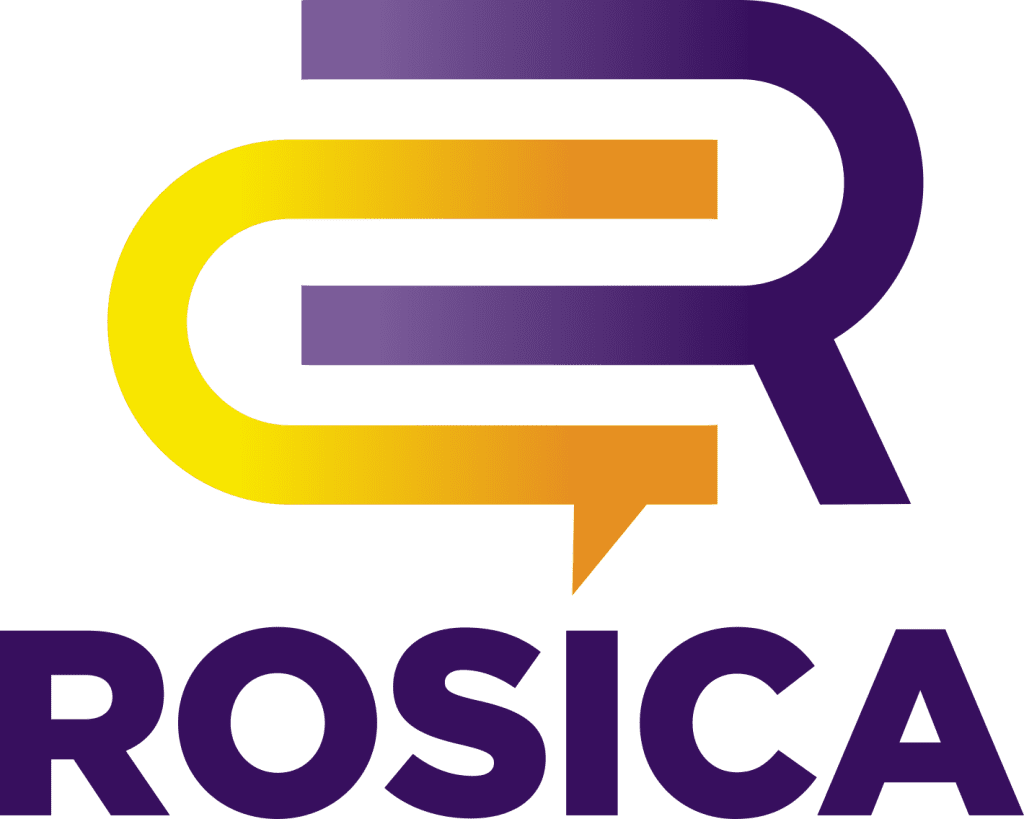One thing that today’s young people all have in common is that they are all unique and have different interests and learning preferences. Some are more receptive to lessons that are hands-on, others tune into education materials presented on video, while others still prefer traditional textbooks. The same can be said for their passions and professional interests. Some kids know they want to go to college, even what they want to study, while most are unsure but look at college as a requirement to secure a good job. Many are pursuing trade schools and technical training to avoid the high cost of higher ed, and thousands are taking gap years to work, explore, and decide their futures.
It all comes down to listening to and understanding a young person’s learning style, passions, and goals for the future – and helping them realize that what they love to do can also fuel their careers. Obviously, we are falling short.
The concept of finding your passion and pursuing it is not new, but it is one that is becoming more popular in the media with the increased number of students dropping out of college or who get a college degree but are straddled with debt, many of whom do not even pursue their fields of study. According to research conducted by American Student Assistance (ASA), only 27% of college graduates were working in a field related to their major, and 41% of college grads were working in a position that didn’t even require a college degree”
This makes the case for exploring an emerging trend, popularized in Japanese culture, called “ikigai.”
Ikigai, pronounced ee-key-guy, is the Japanese philosophy of finding your personal purpose in life. The concept combines the meanings for “life” and “worth” to create the idea of finding your life’s purpose or worth. Ikigai is described as finding the perfect intersection and balance of your interests and skills in a world that is willing to pay you for these talents. In short, it’s all about finding your passion(s) and getting paid for them.
To avoid spending money on a degree that’s never utilized, and/or being faced with insurmountable debt, Jean Eddy, CEO of ASA, believes that today’s learners should be given the opportunity to explore their individual passions beginning in middle school. In her newly released book, Crisis-Proofing Today’s Learners: Reimagining Career Education to Prepare Kids for Tomorrow’s World.
Eddy explains ikigai’s four principles, which, at their essence, are:
Do What:
- You love
- You’re good at
- The world needs
- You can be paid for
We highly recommend learning about ikigai in Jean Eddy’s new book and if you’re still interested in learning more, check out Ikigai: The Japanese Secret to a Long and Happy Life by Héctor García and Francesc Miralles (Penguin, 2017).
As parents and education PR professionals, we believe any approach that excites and engages young professionals entering the workforce should be considered and weighed. Perhaps the ikigai concept, if widely embraced, can help connect today’s young learners to careers where they will thrive, which can only further our economic strength and resolve.
As Jean Eddy says, “There must be more opportunities for young people to explore careers when they’re [very] young and open-minded and alternative pathways to traditional higher ed. Part of this exploration must include internships, apprenticeships, and mentorships.”
Thank you, Jean, for a wonderful book and introduction to ikigai. It’s opened our minds to limitless possibilities!

